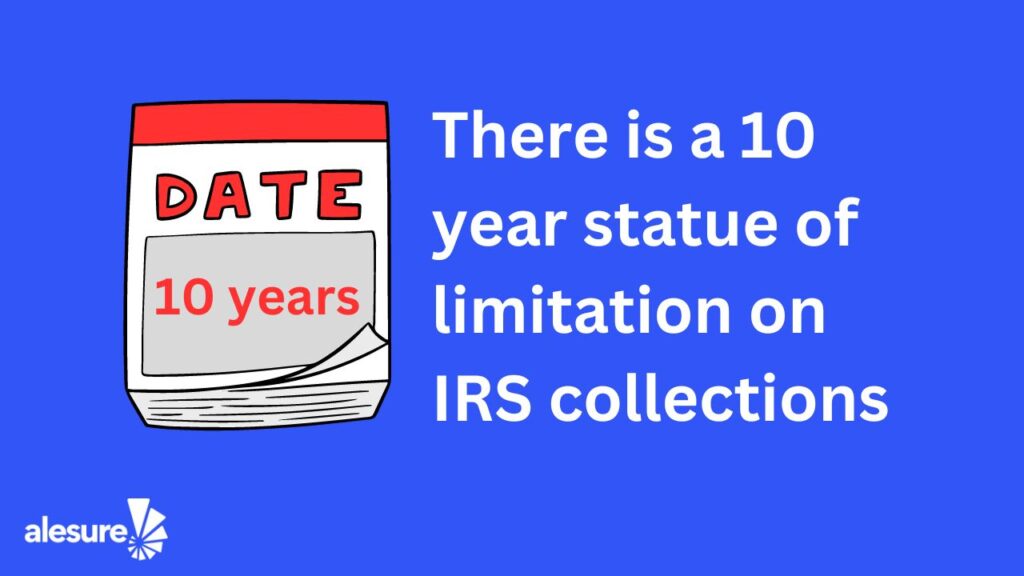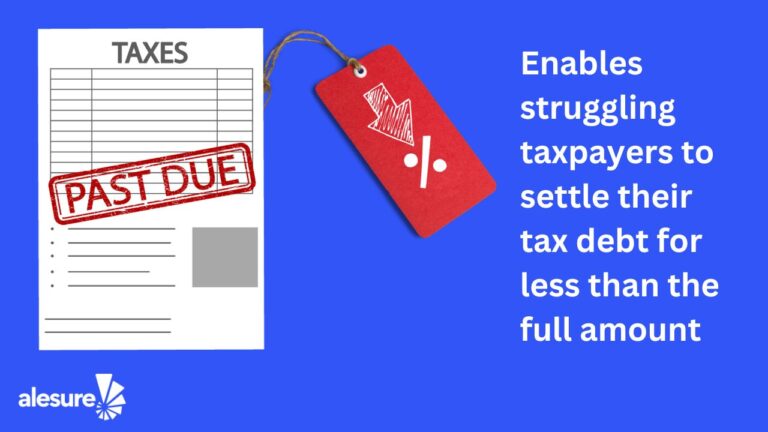Most tax professionals believe that the IRS deliberately makes your tax debt more complicated to deal with as you build up more debt in order to increase the possibility of collection. At the same time, the IRS adds more interest and penalties to your existing mountain of debt, making it almost impossible to get out of by just paying it.
IRS debt is like a never ending snowball effect. It just gets bigger and more complicated by the day.
In this article, we will explore a few different financial and legal options to help you get out of tax debt. By the end of this article, you should have a clear idea of how to get IRS tax relief.
Streamlined Payment Plan
This is one of the most common options that the IRS will offer to most individuals. The IRS will divide your total balance by the months it has to actually collect it, giving you an almost impossible to afford payment plan.
The reason the IRS does this is really simple. The IRS has only 10 years to legally collect your tax debt. For example, if we are in 2026, and your $100,000 debt is from 2020, the IRS has legally 4 more years to collect it from you.

They divide your $100,000 IRS debt by 48 months (4 years), asking for a minimum of $2,083 a month (not including the interest and penalties, which can almost double your payment) and you will have no way of getting any more affordable payment plans. They simply don’t care how or where you’ll live or how you are going to afford to eat anything.
Pay The IRS With Debt
Another way to deal with the IRS debt is to pay it with a personal loan, assuming your debt is below $50,000. This can be an effective option if you can afford the monthly payments of the loan and you have a stable income.
The interest you pay on these loans are much lower than the interest that the IRS will add every month for carrying a balance, making this a solid option to deal with the IRS debt.
Negotiate For a Specialized Payment Plan
Specialized payment plans are mostly only achievable by tax professionals and this is a service that can be provided by Alesure.
The idea with this is to hire a tax attorney to build a strong case against the IRS, proving to them that you simply can’t afford to pay the IRS the amount of monthly or total payments they’re asking.
This way, the IRS comes to a conclusion that instead of collecting nothing from you, they can collect a small amount, and close your entire tax debt case forever.
Going back to the $100,000 debt example, the IRS would ask for a monthly payment of $2,777 because they only had 3 years to collect your debt, but in this case, a professional would fight on your behalf, proving that you simply can’t pay or won’t be able to pay that anytime soon.
Your team of tax professionals would fight the IRS proving that you can only pay $100 a month. In this case, $100 a month for 3 years would only be $3,600.
By the end of this period, the IRS would wipe the rest of your tax debt and you only paid a small portion of your actual balance instead of paying the entire 100k debt!
Apply For Offer in Compromise
Offer in compromise is another option that is available per IRS Fresh Start program. This option would settle your entire tax debt for a small one-time payment.
Like the previous option, this one is also more likely to achieve if done by a team of professionals.
The idea with this is to prove to the IRS that you have no way of paying any portion of your debt at the moment and won’t be able to do so in the next 5 years. This way, the IRS is going to settle for a small one-time payment and close your case.
The IRS offer in compromise is an extremely complicated solution and the chance of success if done by an individual taxpayer is almost zero as the IRS usually doesn’t advertise this option to individual taxpayers

Conclusion
If you’re ready to take advantage of advanced IRS tax forgiveness programs such as offer in compromise or specialized payment plan, click the button below to speak to one of our professionals.
Our team members will take you through the details of these programs over a phone call and lay out a plan of action to take you out of the IRS tax debt.




